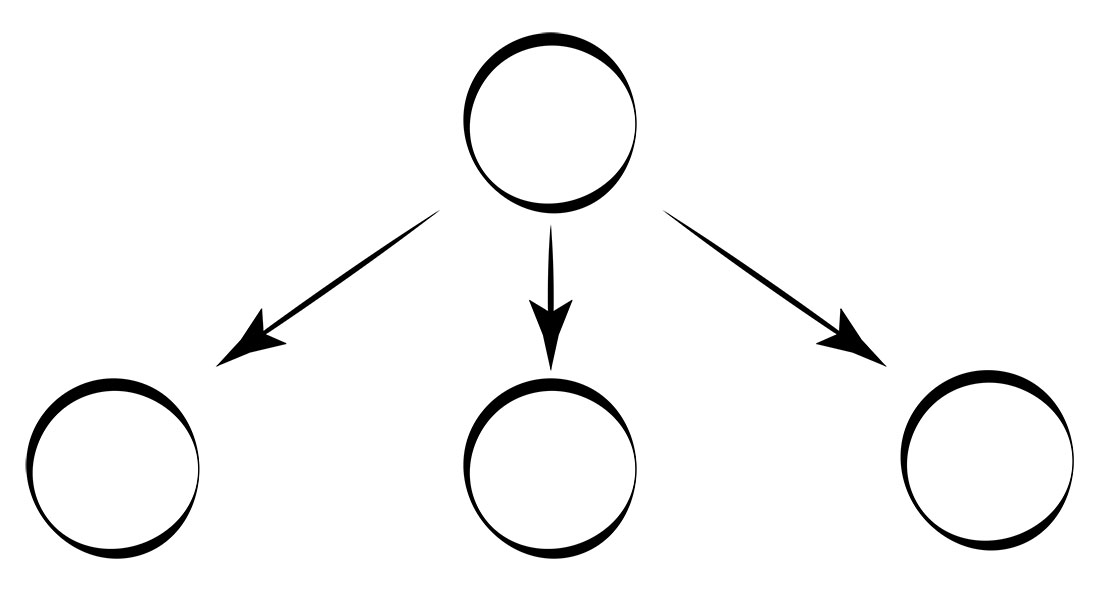Regarding the high DCs for things in published works:
1. Failing a check often doesn't mean you can't keep trying. Failing most of those checks just means the PC needs to keep searching. Failing the roll can also mean success with a setback. Perhaps you
found the trap, but will have disadvantage in disarming it (your next check) because you hit something while searching. Perhaps it took you four times longer to find the secret door?
2. Multiple PCs can do the same task. If the party is
convinced there should be a secret door at the end of that corridor they can each take turn search, or can work in pairs and you grant them advantage.
For example, DC 20 is 5%, so lets say your 1st level party has the following modifiers for a Wisdom (Perception) check: +3, +0, +1, +4
That means you need to roll a 17 or a 20 or a 19 or a 16. The odds of them
all failing is just over 50%.
So, while a single PC might find it hard, if they each are doing the same task, even those DC 20 are likely close to 50/50 IME.
FWIW, I assumed only ONE of the PCs in the group above
actually had proficiency in Perception (the +4). The +3 was the cleric/druid/etc. high WIS, and the others are no WIS and decent WIS. Even the one PC with +4 could either be a Rogue with Expertise or a PC with WIS +2 and proficiency.





